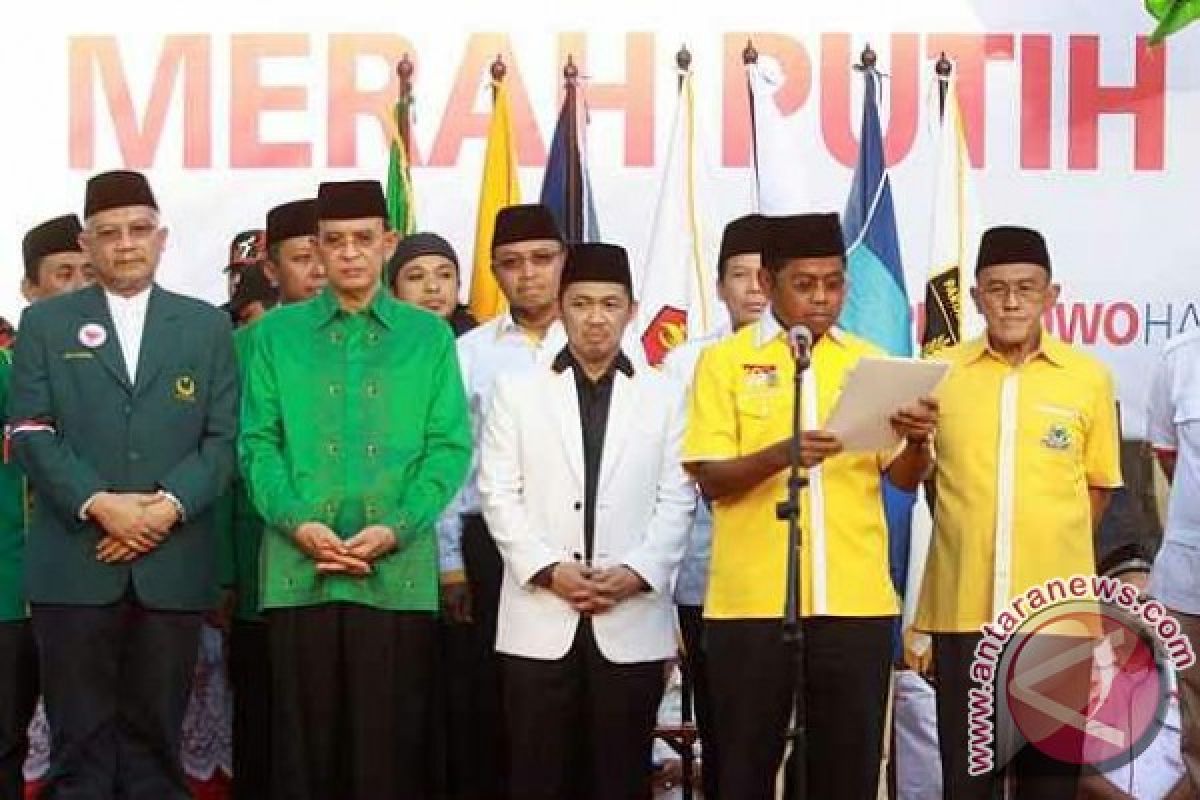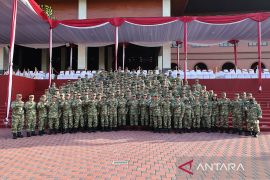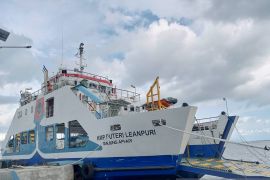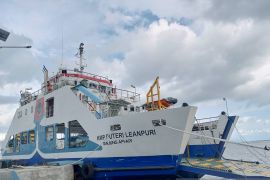Yogyakarta (Antara Babel) - If political parties in the Red-White Coalition (KMP) support the government's regulation in lieu of law on direct regional elections, it will not affect their alliance to consolidate at the regional level, an observer stated.
"They could still consolidate, even if they have a face-off during a direct regional head election," political observer Ari Dwipayana of the University of Gajah Mada remarked here on Monday.
Political party factions grouped under the KMP control the parliamentary seats in the House of Representatives (DPR) and outnumber the parliamentary seats of its rival, the Great Indonesia Coalition (KIH), which supports the government.
Thus, in a battle on the draft law on indirect regional head elections, the KMP won, and the DPR passed the draft into a law (UU Pilkada).
The law obviously will benefit the KMP as the governors, district heads, and mayors will be elected by the Regional Legislative Assemblies (DPRD) where KMP holds majority of the seats.
However, as the public at large were not in favor of the law, former president Susilo Bambang Yudhoyono issued a government regulation in lieu of law (Perppu) on direct regional head elections, annulling the UU Pilkada.
The Perppu, however, still has to be approved by the DPR before it can be implemented.
In the face of the House's sessions to deliberate and decide whether to accept or reject the Perppu, political parties grouped in the KMP might not be in a dominating position to voice their rejection.
Dwipayana stated that as political organizations, the political parties grouped in the KMP will continue to seek high electability by way of responding to the public's aspirations, including in the context of the regional head election mechanism, among other things.
"After all, the public rejection of the UU Pilkada is high, and the support from the public for the Perppu is also very high," he noted.
In this case, he said that the political parties in the KMP can split with regard to the Perppu as their stance to hold elections through the DPRD had previously strengthened from the parties' central boards to the regional branches.
"For this issue, they can split, yet on another issue, the KMP will become consolidated again," the political observer said.
He stated that political parties in the KMP were just being reasonable if they were interested in improving their image by following the aspirations of the people, despite the fact that in other aspects, they had to strengthen their solidarity within the KMP.
"In this case, they face a dilemma between preserving their solidarity and maintaining their party's political image in the eyes of the public," he added.
He affirmed that a decision by the KMP to support the Perppu would be lauded by the people, even though their constituents might question their inconsistency on this aspect.
"The problem is that it has earlier said that direct regional head elections are against the state philosophy of Pancasila," Ari added.










